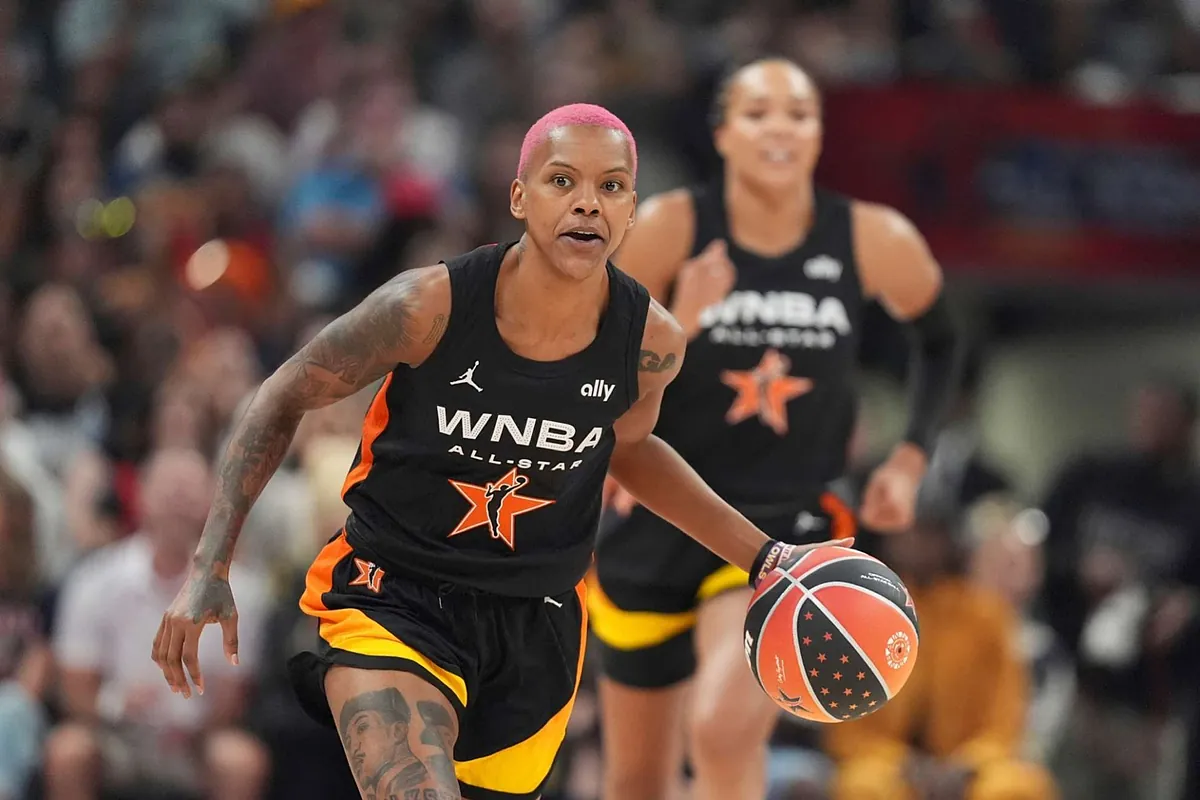

As professional women’s sports continue to grow in visibility and influence, marketing campaigns aimed at celebrating female athletes face increasing scrutiny.
The recent collaboration between the WNBA and Gatorade, launching the “Let Her Cook” campaign ahead of the 2025 WNBA All-Star Weekend, exemplifies this dynamic.
Intended as a tribute to the league’s legends like Lisa Leslie and Candace Parker, as well as current stars, the campaign instead sparked controversy due to its slogan and perceived cultural implications.
Critics of the campaign voiced concerns that the slogan, rather than empowering female athletes, unintentionally evoked traditional expectations of women’s place in the kitchen.
Social media responses ranged from skeptical to dismissive, with some accusing the campaign of lacking cultural sensitivity or awareness of the broader implications.
The phrase “Let Her Cook” is commonly understood to mean allowing someone to demonstrate their skill or talent unhindered.
However, some audiences interpreted it as reinforcing outdated gender stereotypes that confine women to domestic roles, resulting in public debate and criticism.
This divergence between intent and reception has highlighted the challenges inherent in messaging around gender and sports.
What made the discussion more heated?
Compounding the discussion was the campaign’s inclusion of two prominent WNBA players, Caitlin Clark and A’ja Wilson.
The joint feature renewed conversations about the contrasting paths and recognition each player has experienced.
Clark, a rookie sensation, received unprecedented fan support through record-breaking All-Star votes and secured a historic Nike endorsement prior to her professional debut.
Meanwhile, Wilson, a two-time league MVP and champion, only recently signed a comparable deal. This disparity has drawn attention to persistent issues of race and representation within women’s basketball.
Wilson has publicly expressed frustration with the unequal treatment faced by black women athletes, emphasizing the systemic barriers that continue to marginalize their contributions despite notable achievements.
Her comments have deepened awareness of the complex intersections of race and gender in sports.
The “Let Her Cook” campaign also arrives at a critical moment for the WNBA, as players negotiate a new collective bargaining agreement focused on improving revenue distribution, salaries, benefits, and salary cap policies.
These ongoing labor discussions underscore the broader context in which the campaign has been released.
Gatorade‘s partnership with the WNBA aims to celebrate the league’s talent and inspire fans, but the mixed reception reveals a disconnect between the campaign’s message and public perception.
The backlash highlights the importance of carefully crafted marketing that aligns empowerment with cultural nuance.
Neither the WNBA nor Gatorade has issued an official response addressing the criticisms or concerns.
This situation serves as a reminder of the complexities involved in promoting women’s sports in a way that respects and uplifts the diverse experiences of female athletes.
The controversy reflects ongoing societal dialogues about gender equity, representation, and respect for women in professional sports.
As the WNBA and other women’s leagues continue to expand their reach, future campaigns will need to navigate these issues with heightened sensitivity and awareness.
This news was originally published on this post .







Be the first to leave a comment